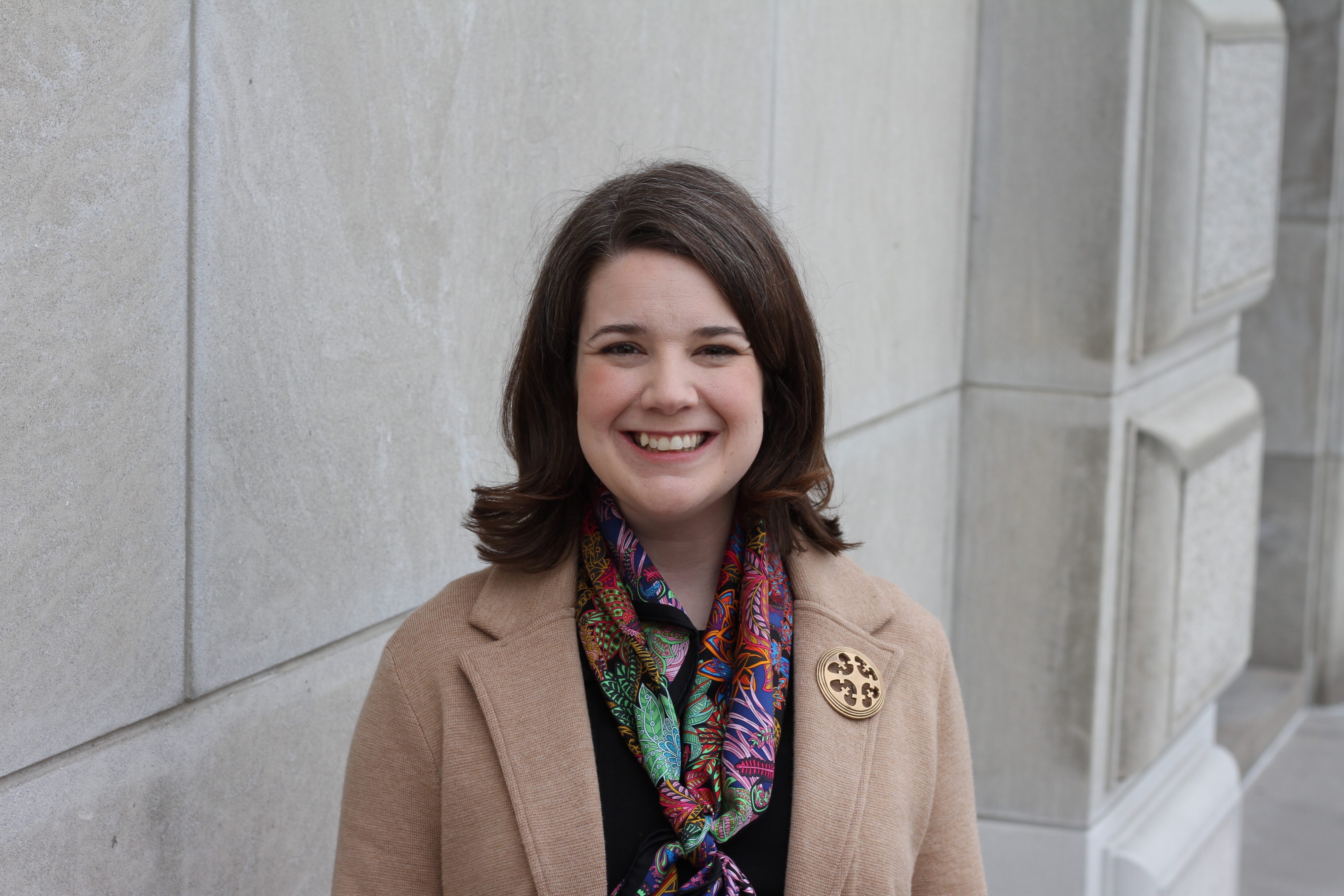Missouri state Rep. Mary Elizabeth Coleman hopes her state will join Texas this year in protecting unborn babies with beating hearts from abortion.
Ahead of the new legislative session, Coleman, R-Arnold, introduced the Empower Women, Promote Life Act (House Bill 1987), which would prohibit abortions in Missouri once an unborn baby’s heartbeat is detectable, about six weeks of pregnancy.
Her legislation includes a private enforcement mechanism modeled after the Texas law that allows individuals to file lawsuits against abortionists and those who help them abort unborn babies in violation of the law. It is because of this unique measure that the Texas law has been in effect since September, saving thousands of babies’ lives.
The Texas law “whether or not it ultimately stands — is saving lives each and every day,” Coleman told Live Action News. “When I saw that the Supreme Court let it go into effect, it was an immediate, ‘Okay, we have to do this here in Missouri as well, because each and every day, lives will be saved.’”
Please follow LifeNews.com on Gab for the latest pro-life news and info, free from social media censorship.
In 2019, Missouri lawmakers passed a similar pro-life law to protect unborn babies from abortion once their heartbeat is detectable. However, the courts blocked the law.
Coleman said she hopes the private enforcement mechanism in her new bill will make it more likely to withstand a legal challenge and save babies’ lives.
Protecting mothers also is at the forefront of her mind.
“As a woman who is rooting for women, I get frustrated and angry [at the idea] that we are somehow helping [a woman] by helping her kill her child,” she told Live Action. “No man would ever be told he couldn’t be successful because he had a child. That’s not equality.”
Attacking the root of the problem, her bill also goes after the manipulative, profit-driven abortion industry by banning taxpayer funding to Planned Parenthood and other abortion groups. Pro-abortion groups often mislead women about abortion risks and an unborn baby’s development and claim that women need abortions to succeed.
“Abortion is really cruel to women,” Coleman said. “Obviously, the life of the baby is ended and the violence is preeminent, but it is also really hurtful and damaging to women and I think women deserve better than abortion, and providing them support to be able to have a full life and the joy of motherhood is really important.”
Here’s more from the report:
Missouri has received criticism for having one of the highest maternal mortality rates in the nation, and abortion advocates argue that abortion is necessary in order to prevent those deaths. But most maternal deaths occur within 42 days to a year after women have given birth. Coleman believes the answer to this tragedy lies in providing health care for women in that critical first year after pregnancy — not in telling them to abort their babies. To accomplish this, she is advocating for a Medicaid waiver so that all women in the state have access to pregnancy and post-pregnancy health care in hopes that women’s lives can be saved.
While Coleman doesn’t subscribe to the idea that citizens should fully depend on the government from womb to tomb, she believes there must be a well-run social safety net available to provide support to the people who need it, with the goal of families eventually supporting themselves and their children.
Coleman said her ultimate goal is to protect unborn babies and mothers by banning all abortions in Missouri.
But because the courts have blocked other pro-life laws in the past, her bill includes several different measures to save lives in the event that certain parts get blocked by a court order. These include a ban on dismemberment abortions and a ban on abortions on unborn babies with Down syndrome. The bill also has a requirement that abortion facilities provide medical care to infants who survive abortions.
An August poll from Saint Louis University/YouGov found that 56 percent of Missourians support heartbeat legislation to ban abortions after eight weeks, including 57 percent of women. In contrast, 33 percent said they oppose such legislation and 11 percent said they are not sure. Other recent polls show support for the Texas heartbeat law as well.
Since 1973, the U.S. Supreme Court has forced states to legalize abortion on demand under Roe v. Wade. States that want to protect unborn babies may only do so once they reach the point of viability, currently about 22 weeks. Roe made the United States one of only seven countries in the world that allows elective abortions after 20 weeks.
The Supreme Court recently heard a Mississippi case that directly challenges Roe, but the justices are not expected to issue a ruling until June.








